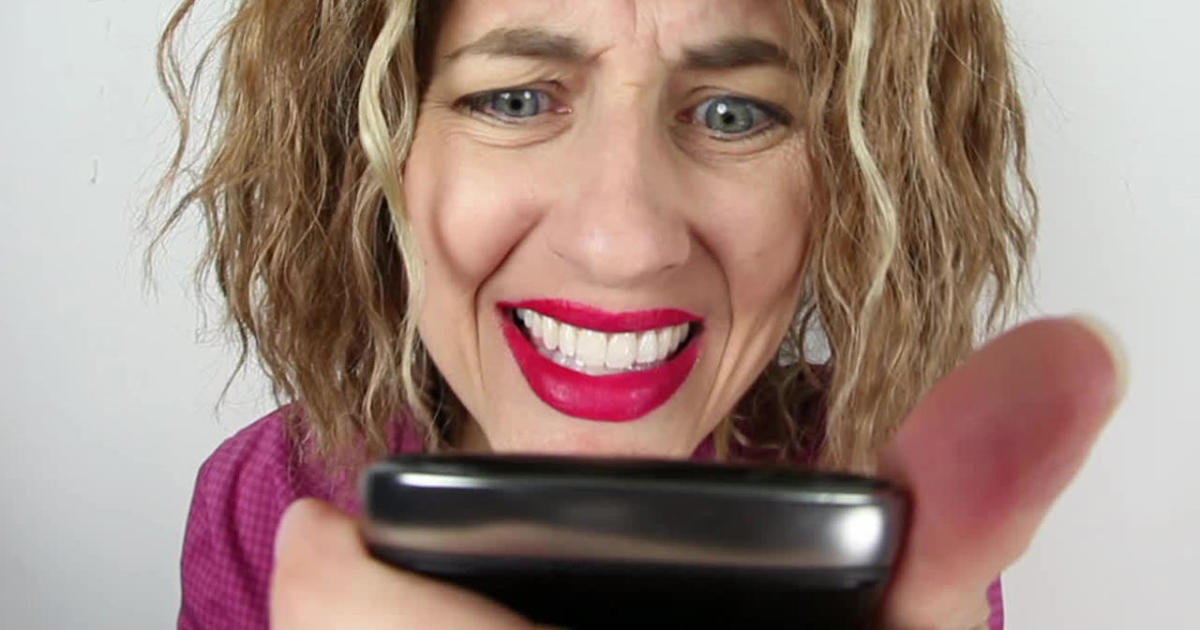Lately, I’ve been thinking about whether pet peeves are actually a good thing. Like a pet dog, can they provide comfort?
My pet peeves mostly have to do with the use of language. Something cannot be “very unique.” It cannot be “very one of a kind.” It is either unique or not unique.
See how I got a little agitated there? I blew off some steam about something that means absolutely nothing in the scheme of things. And I do think I’m feeling a little better.
Pet peeves are just important enough to irritate us, but not important enough to make a difference in our lives.
When minor irritations push our buttons, should we push back?
CBS News
And they have to be both barely important and recurrent. So you wouldn’t call breaking your leg in a ski accident a pet peeve.
Which brings us to “literally” vs. “figuratively.” If your head “literally exploded,” there better be brains on the wall! I’m a doctor, so I know this.
And why ever start a sentence with, “To tell you the truth…” Does that mean everything else you’ve been saying is a lie?
My favorite pet peeve is the call center person who politely asks, “May I please have the correct spelling of your last name?” I’m so glad you said “correct” – otherwise I would have answered, “LaPook: QrZzMw, LaPook!”
In this age of social media, should you keep your pet peeves to yourself? Should you silently seethe, or try to inform? My vote, as we hope to enter an era of increased civility: keep them to yourself. There are enough people weighing in on other people’s faults.
Here’s what I think: Our pet peeves actually serve a purpose. While they’re irritating, they let us quietly vent about something that truly does not matter … without ruining somebody else’s day.
So, embrace your pet peeves, but don’t let them bite anyone else. Like all pets, they can be very therapeutic.
Story produced by Amy Wall. Editor: Emanuele Secci.
